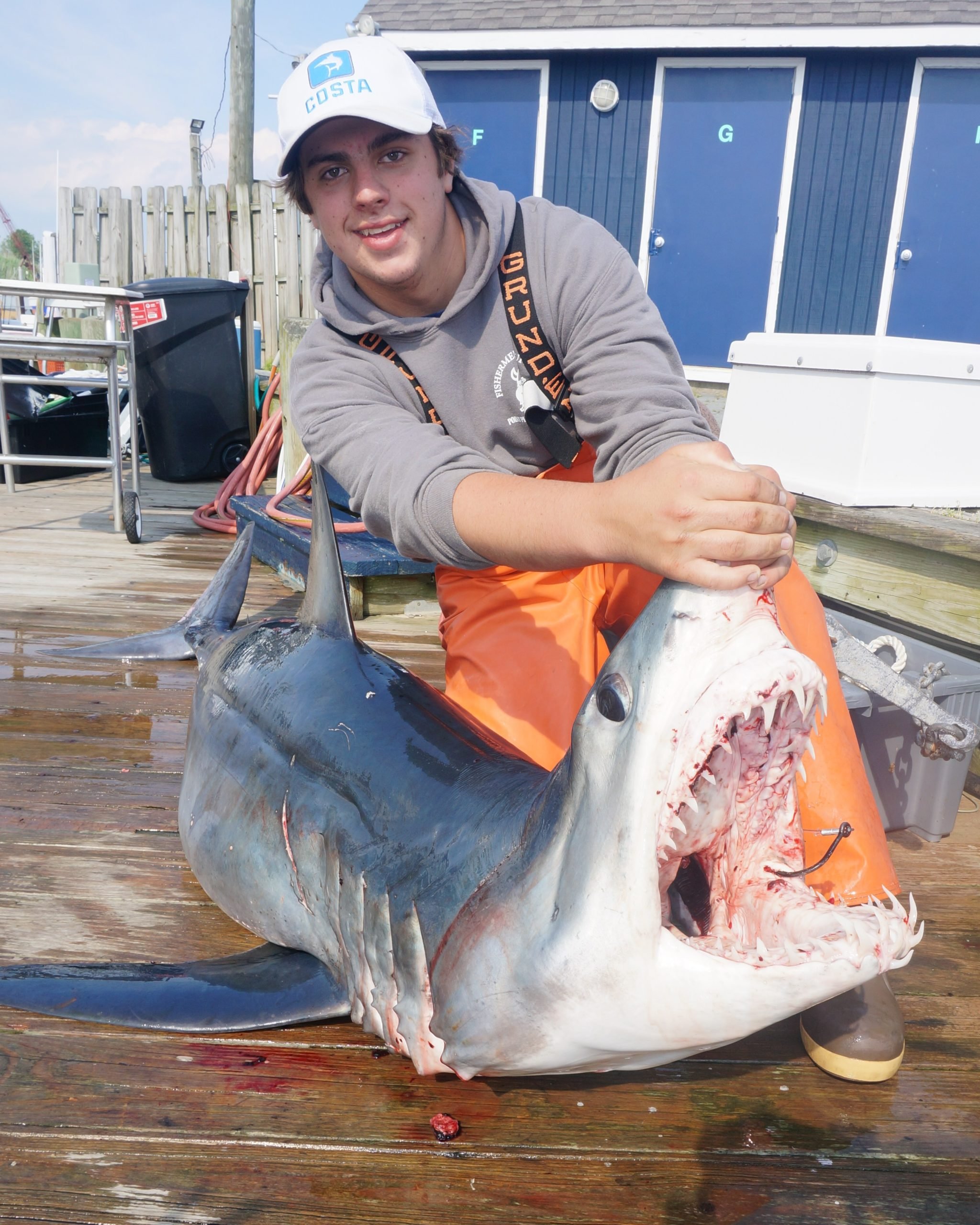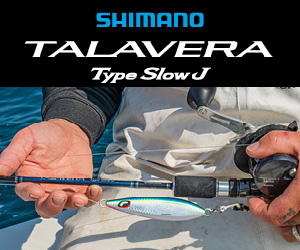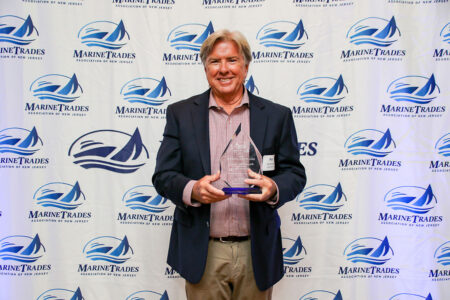
If your club is currently in the planning stages for a 2022 mako tournament, you can stop right there as there will be no mako harvest allowed along the East Coast for the next two years.
The United States and other countries from around the world tackled management challenges for Atlantic tunas and sharks at the 2021 annual meeting of the International Commission for the Conservation of Atlantic Tunas (ICCAT) that concluded on November 23.
On the plus side, commission members adopted a measure for Western Atlantic bluefin tuna with a total catch limit of 2,726 metric tons resulting in a quota increase of more than 5% for U.S. fishermen. This increased fishing opportunity for bluefin tuna is consistent with scientific advice allowing for a moderate increase in catch while having a high probability of avoiding overfishing and providing for the sustainability of the fishery.
According to NOAA Fisheries, ICCAT will continue working to finalize its management strategy evaluation for bluefin tuna. Those holding an HMS Permit can expect to see a series of stakeholder workshops scheduled sometime in 2022.
The bad news coming out of ICAAT is that a two-year retention ban is being implemented starting in 2022 on North Atlantic shortfin mako shark which ICCAT called “overfished.” According to NOAA Fisheries, the ban on mako harvest also contains strong provisions to improve data reporting, and particularly, the catch reporting of live releases and fish discarded dead, by all ICCAT parties.
“The United States looks forward to advancing additional conservation measures through future ICCAT negotiations to further reduce total fishing mortality and fully rebuild this stock,” said Alexa Cole, U.S. Commissioner to ICCAT and Director of NOAA Fisheries Office of International Affairs and Seafood Inspection Cole. “The use of modified fishing gear, including circle hooks to reduce bycatch mortality, is an important element we will want to discuss further in ICCAT.”
“These measures will immediately reduce fishing pressure across the North Atlantic and support the rebuilding process of North Atlantic shortfin mako shark, a key U.S. priority going into the meeting,” Cole added.
ICCAT oversees the conservation and management of Atlantic highly migratory species, including tunas, swordfish, marlin and sharks, and adopts measures to minimize bycatch of turtles, seabirds, and other protected marine life associated with these fisheries. ICCAT’s 52 members, including the United States, share this responsibility, along with five cooperating, non-contracting parties.




